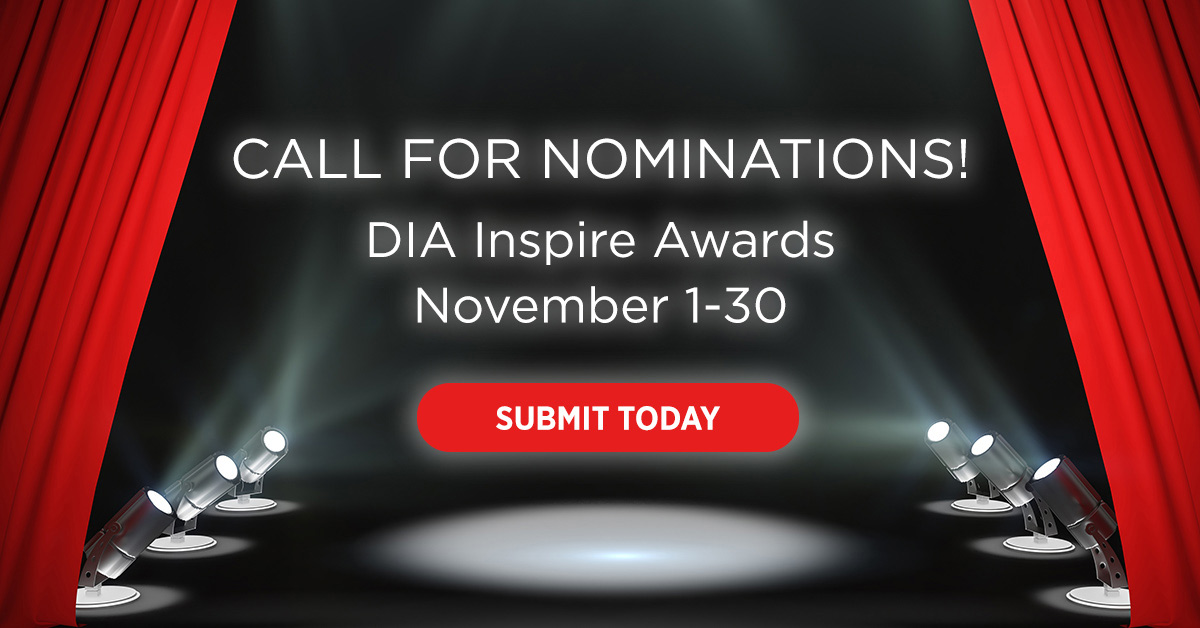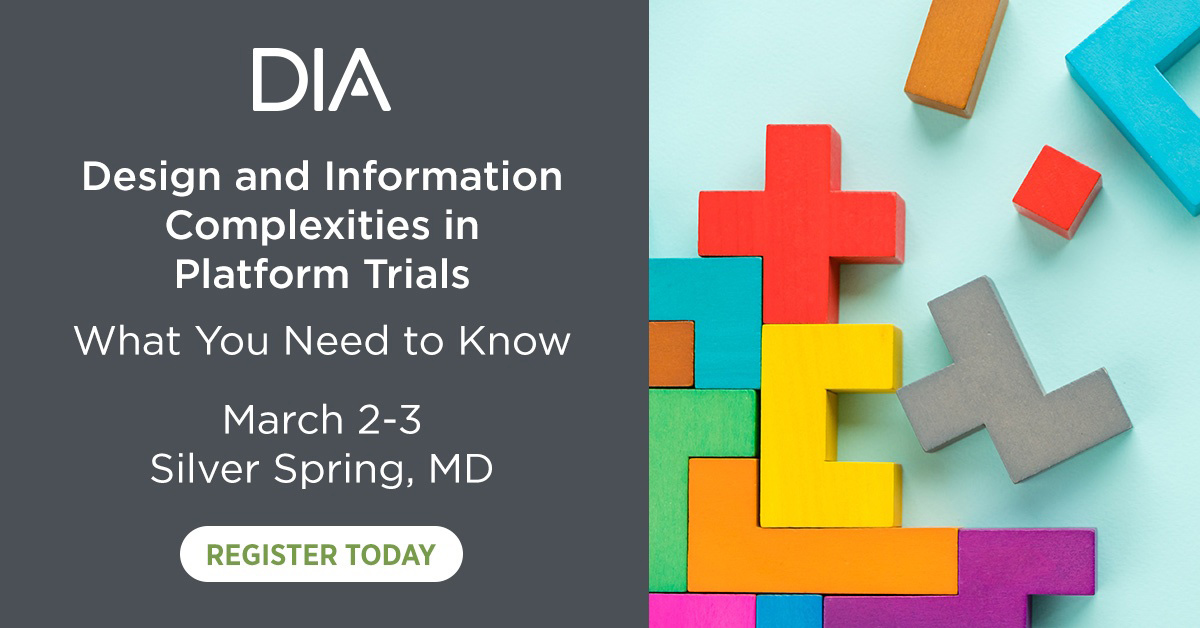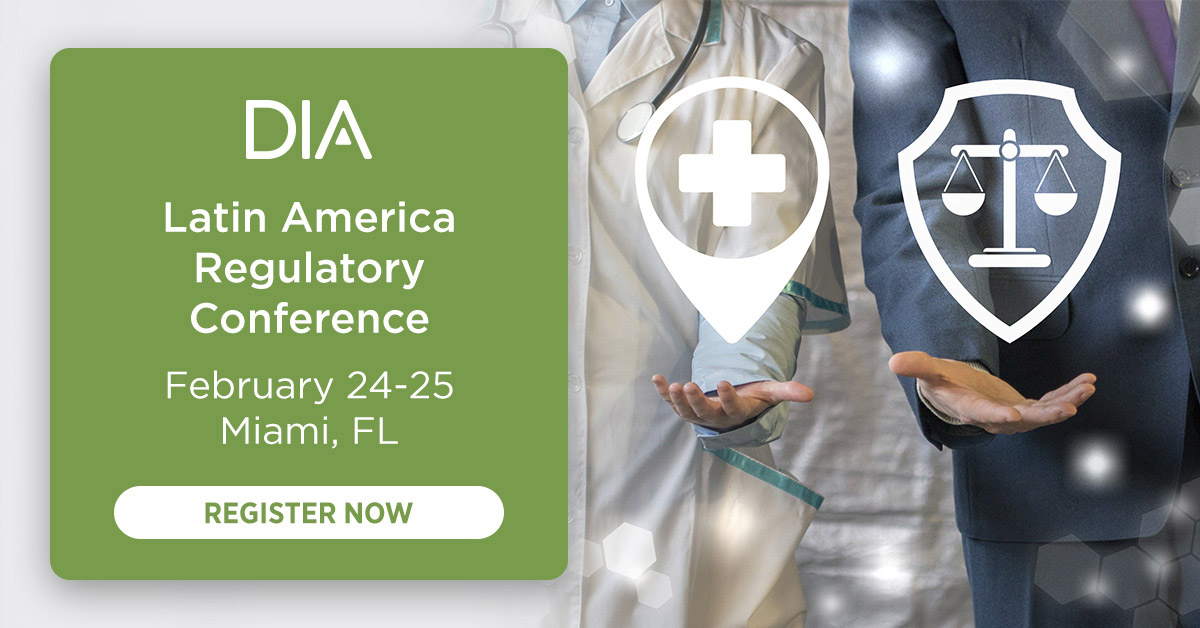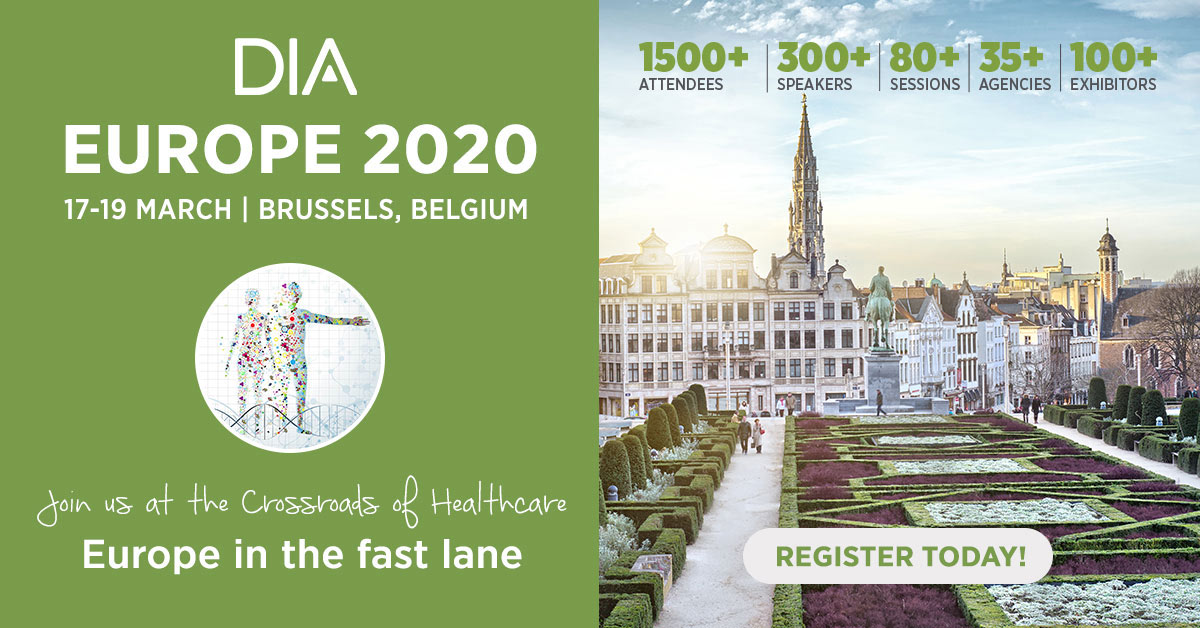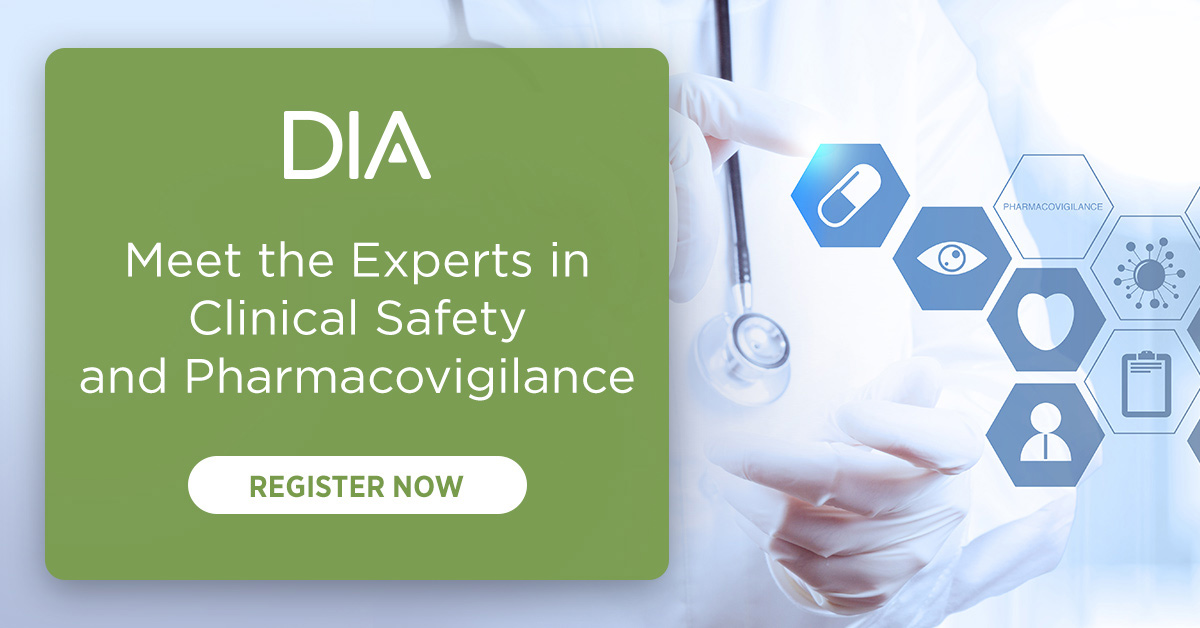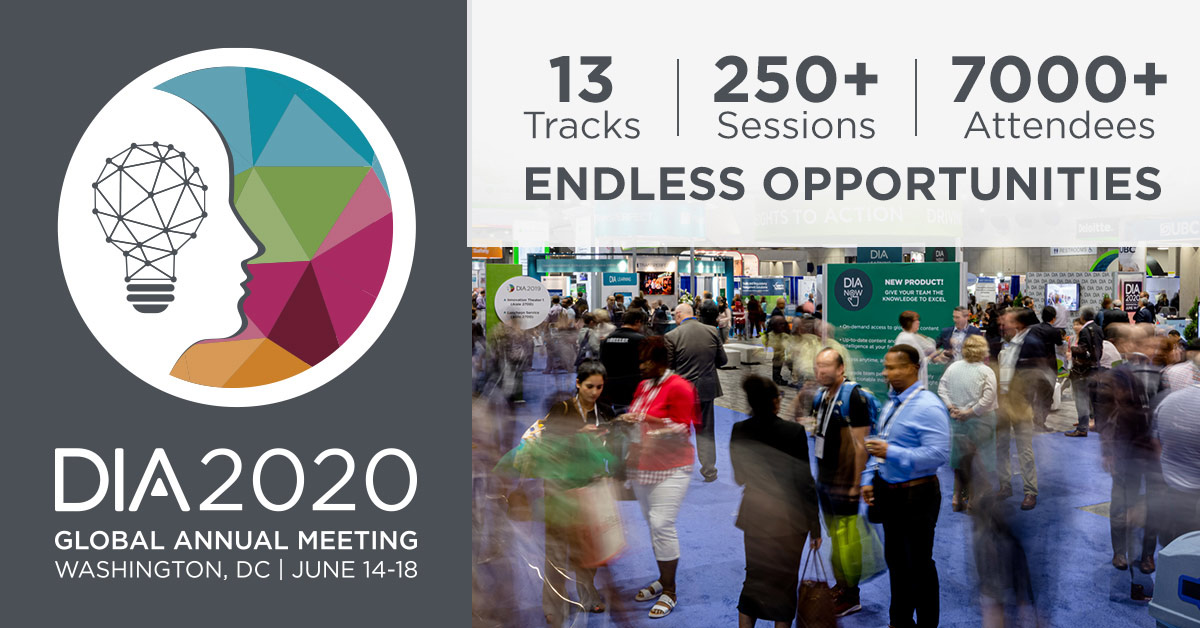November 2019 Global Forum
Table of Contents
Around The Globe
Around The Globe Continued
CAREER COLUMN
EXECUTIVE LEADERSHIP
Subscribe
Love Global Forum‘s new online format? Subscribe today and never miss an issue.
Editorial Board
Content stream editors
Gary Kelloff US National Institutes of Health
David Parkinson ESSA Pharma, Inc.
regulatory science
Yoshiaki Uyama Pharmaceuticals and Medical Devices Agency (PMDA)
Adora Ndu BioMarin Pharmaceutical, Inc.
Patient engagement
Deborah Collyar Patient Advocates In Research (PAIR)
Lode Dewulf Servier
Editorial Staff
Alberto Grignolo, Editor-in-Chief Parexel International
Ranjini Prithviraj, Global Associate Director, Content Collaboration DIA Publications
Sandra Blumenrath, Science Writer DIA Publications
Chris M. Slawecki, Senior Digital Copyeditor DIA Publications
Regional Editors
AFRICA
David Mukanga Bill and Melinda Gates Foundation
ASEAN
Silke Vogel Duke-National University of Singapore Medical School
AUSTRALIA/NEW ZEALAND
Richard Day University of New South Wales, Medicine, St. Vincent’s Hospital
CANADA
Judith Glennie JL Glennie Consulting, Inc.
Megan Bettle Health Canada
CHINA
Ling Su Shenyang Pharmaceutical University, Lilly Asia Ventures
Europe
Thomas Kühler Sanofi R&D
INDIA
J. Vijay Venkatraman Oviya MedSafe
JAPAN
Kazuhiro Kanmuri Inter-Professional, Inc.
MIDDLE EAST
Inas Chehimi Novartis
USA
Ebony Dashiell-Aje FDA
Young Professionals Editor
DIA Membership
Bringing together stakeholders for the betterment of global health care.
South Korea MFDS: Improving Regulatory Science Based on R&D
National Institute of Food and Drug Safety Evaluation (NIFDS)
Ministry of Food and Drug Safety Evaluation (MFDS), South Korea
he Ministry of Food and Drug Safety (MFDS) is a science-based regulatory agency responsible for the safety management of food, agricultural commodities, livestock and fishery products, drugs, biologics, herbal medicines, medical devices, quasi-drugs, cosmetics, and hygiene products to protect the public health. MFDS continues to expand its scope of product regulation by adopting new technologies to develop and establish strategies for regulatory science in Korea.
MFDS establishes new regulations in response to events in Korea, and sometimes accepts global regulations in the spirit of international harmonization. MFDS staff play an important role in joint expert groups, developing ICH guidelines, supporting the APEC Harmonization Center, discussing these topics and programs with DIA members (often including staff from other regulatory agencies), and other international harmonization activities.
Identification of Medicinal Products
How to Turn a Compliance Project Into a Strategic Initiative with Additional Benefits
he Identification of Medicinal Products (IDMP) is a master data initiative across the European Union that is based on a set of five international ISO standards. For pharmaceutical companies, a compliance project like IDMP can be turned into a company’s information and data management initiative, resulting in additional benefits on top of being compliant. However, this requires top management support, as well as strong general and change management skills combined with subject matter expertise.
eConsent: Using Metadata to Support Study Oversight and Enhance Informed Consent
Signant Health
Signant Health
Signant Health
lectronic Informed consent (or eConsent) refers to using electronic systems and processes that may employ multiple electronic media to convey information related to the study as well as to obtain and document informed consent. eConsent offers so much more than simple confidence in the clinical trial consenting process. The metadata it collects provides deep insights and transforms processes around recruitment, retention, and compliance as well as improving documentation and education materials.
As the shift towards eConsent gathers pace, we expect exponential growth in the ways we use data collected during the consenting process, allowing us to build the patient-centric, robust, compliant clinical trials of the future.
Patient Focused Medicines Development: The Book of Good Practices
Evolution of Methodology
PFMD/The Synergist
NIHR INVOLVE, UK
PFMD/The Synergist
School of Health Sciences
University of East Anglia, UK
Patient Advocate, Consultant, and Researcher
Medical Innovation and Insights
Pierre Fabre Medicament
PFMD/ The Synergist
Janssen
atient Focused Medicines Development (PFMD), today a global coalition of 32 members, began its Framework Building workstream in 2016 in order to respond to a need for a practical and actionable framework to define how stakeholders can start their patient engagement (PE) journey and continue to do more effective and meaningful PE. Starting with a landscape analysis of existing PE frameworks, one of the first outputs—the Patient Engagement Quality Guidance (PEQG)—was a co-creation effort of multiple Working Groups that involved more than 100 experts globally (representing more than 51 organisations). The PEQG went through four feedback and validation rounds, from internal reviews to a public consultation, before its release in May 2018.
This article explains the methodology used to select and assess initiatives to become a part of the BOGP, and it provides examples of the chosen initiatives that help illustrate what a “good practice” in PE could look like.
![]() Podcasts
Podcasts
Around the Globe
Changes and Consequences for the Pharmaceutical Industry
n August 26, 2019, the Standing Committee of the National People’s Congress passed the Amended Drug Administration Law (the Amended Law) in China, effective from December 1, 2019. Compared with amendments passed during the last ten years, the Amended Law contains several significant changes.
Key Takeaways
- The Amended Law serves as the legal basis for regulatory agencies to develop regulations to support the Law’s reforms.
- The Amended Law abolishes the certification requirements of good clinical practice (GCP), good supply practice (GSP), and good manufacturing practice (GMP); as a result, clinical institutions, drug distributors, and drug manufacturers will no longer be subject to compulsory certification.
- The Amended Law significantly increases administrative penalties, specifically monetary penalties, for manufacturing and selling counterfeit drugs and other violations.
The below highlights are most relevant to multinational pharmaceutical companies with Chinese operations.
Around the Globe
Integrating Regulatory and HTA Requirements During Medicines Development
Regulatory Science & Policy, EU/AMESA
Sanofi R&D
arly Dialogue, Parallel Scientific Advice, or Joint Consultation are all variations on the same theme: aiming to provide a vehicle for sponsors to integrate Health Technology Assessment (HTA) requirements upfront into drug development that targets European Medicines Agency (EMA) regulatory approval. Combining evidence generation requirements from the EMA and the HTA bodies into one single process has the potential to avoid duplication of effort and allows documentation satisfying both actors to be generated in the first development cycle. This brings added benefit to regulators, health technology assessors, and healthcare product developers, but most importantly to the EU healthcare system and its patients.
Around the Globe
Shionogi & Co., Ltd.
Shionogi & Co., Ltd.
eal world data (RWD) has grown into one of the buzzwords in the healthcare industry in Japan. Although utilizing sales data for pharmaceutical medicines in market surveys is an established practice based on RWD, changing circumstances and use of RWD in pharmaceutical and medical device companies in Japan have raised more issues and attention in recent years. The second DIA Health Economics Outcomes Research (HEOR) Workshop in Japan explored the ideal future direction for transforming RWD into real world evidence (RWE) suitable for regulatory decisions in the healthcare industry.
Key Takeaways
- Glowing reviews of various applications for RWE offer hope, but unresolved issues remain. It is important to consider if the data are reliable enough to serve as evidence in a rationale for regulatory approval or disapproval of a future medical treatment.
- Growing purposes for utilizing RWD in Japan include non-clinical research and pharmacovigilance.
- Effective utilization of RWE is only half of the story; completing it will require continuous and collaborative discussion and actions by multifunctional stakeholders.
![]() Podcasts
Podcasts
Daiichi Sankyo, Inc.
trong and effective leadership is essential to any business that is looking to thrive in the marketplace. However, strong and effective leadership is often lacking. Management teams that send talented employees to leadership development workshops may ultimately see no improvement in their ability. While workshops are good and have their place, they cannot replace the daily activities of leadership that contribute to an organization’s success. Like a muscle, leadership must be constantly exercised to yield benefits.

